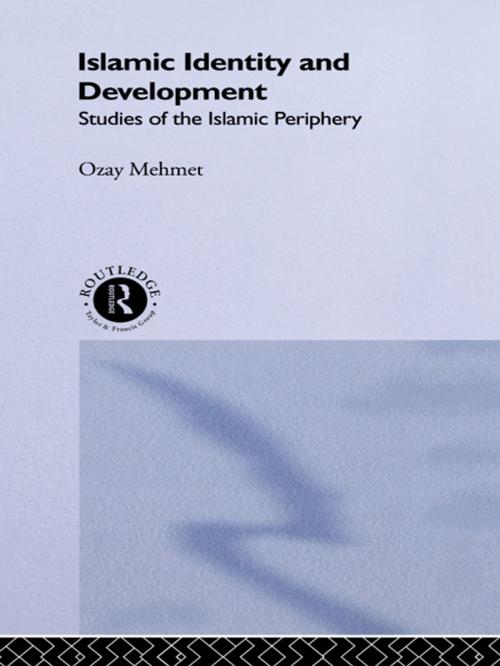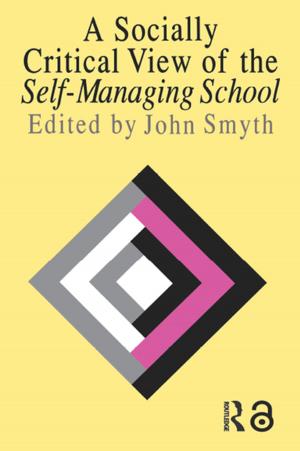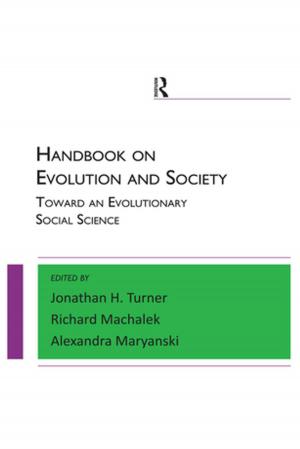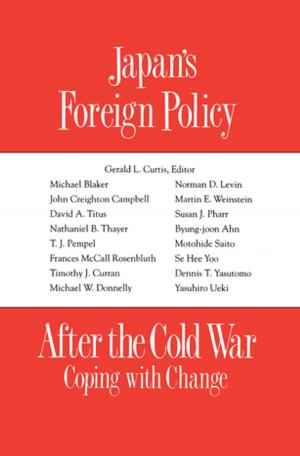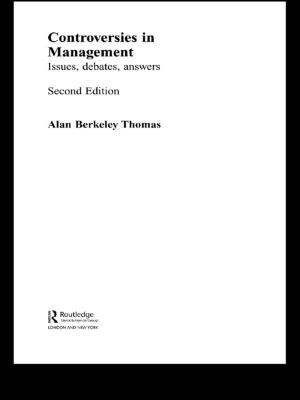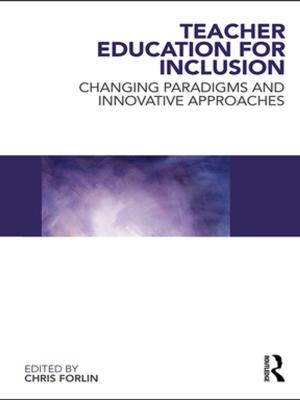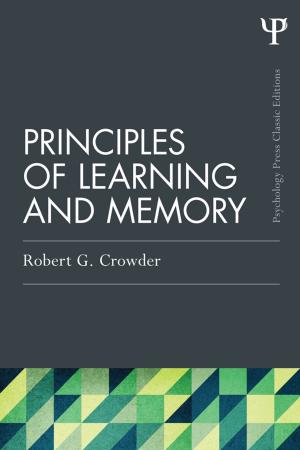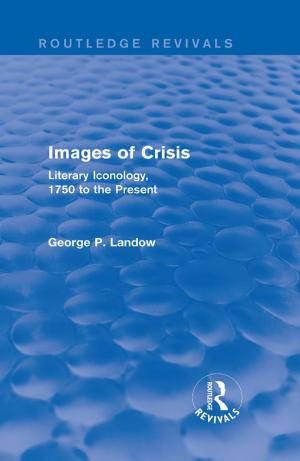Islamic Identity and Development
Studies of the Islamic Periphery
Nonfiction, Social & Cultural Studies, Social Science| Author: | Ozay Mehmet | ISBN: | 9781134950492 |
| Publisher: | Taylor and Francis | Publication: | September 11, 2002 |
| Imprint: | Routledge | Language: | English |
| Author: | Ozay Mehmet |
| ISBN: | 9781134950492 |
| Publisher: | Taylor and Francis |
| Publication: | September 11, 2002 |
| Imprint: | Routledge |
| Language: | English |
Turkey and Malaysia, two countries on the Islamic periphery, are often not included in discussions of Islamic reassertion and identity. Yet both have been at the forefront of modernization and development, and are exposed to a rising trend of Islamic revival which discloses a deep, psychological identity crisis.
In Islamic Identity and Development, Ozay Mehmet examines this identity crisis in the wider context of the Islamic dilemma of reconciling nationalism with Islam. He sees the Islamic revival primarily as a protest movement, concentrated among urban migrant settlements where uneven post-war growth has upset the traditional Islamic order. He argues that Islamic societies must move towards greater openness and an organic relationship between rulers and ruled. In particular, Mehmet suggests the need for a public policy that is not only responsive to material human needs but which also satisfies the ethical preconditions of the Islamic social contract.
Turkey and Malaysia, two countries on the Islamic periphery, are often not included in discussions of Islamic reassertion and identity. Yet both have been at the forefront of modernization and development, and are exposed to a rising trend of Islamic revival which discloses a deep, psychological identity crisis.
In Islamic Identity and Development, Ozay Mehmet examines this identity crisis in the wider context of the Islamic dilemma of reconciling nationalism with Islam. He sees the Islamic revival primarily as a protest movement, concentrated among urban migrant settlements where uneven post-war growth has upset the traditional Islamic order. He argues that Islamic societies must move towards greater openness and an organic relationship between rulers and ruled. In particular, Mehmet suggests the need for a public policy that is not only responsive to material human needs but which also satisfies the ethical preconditions of the Islamic social contract.
